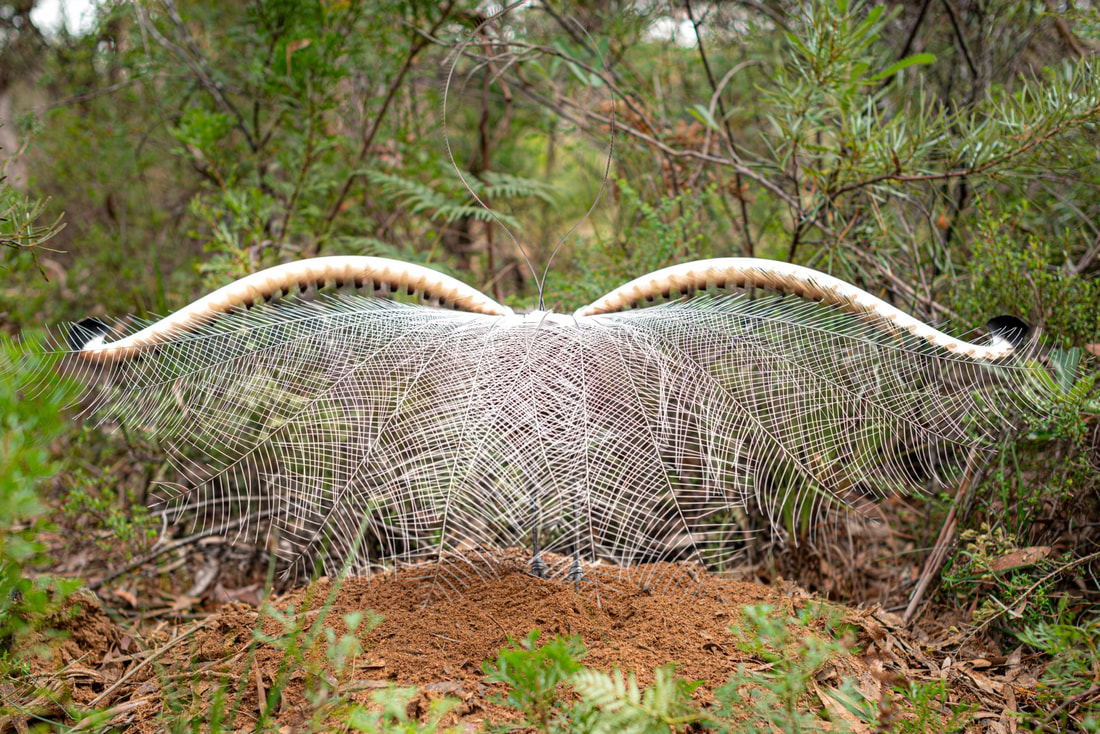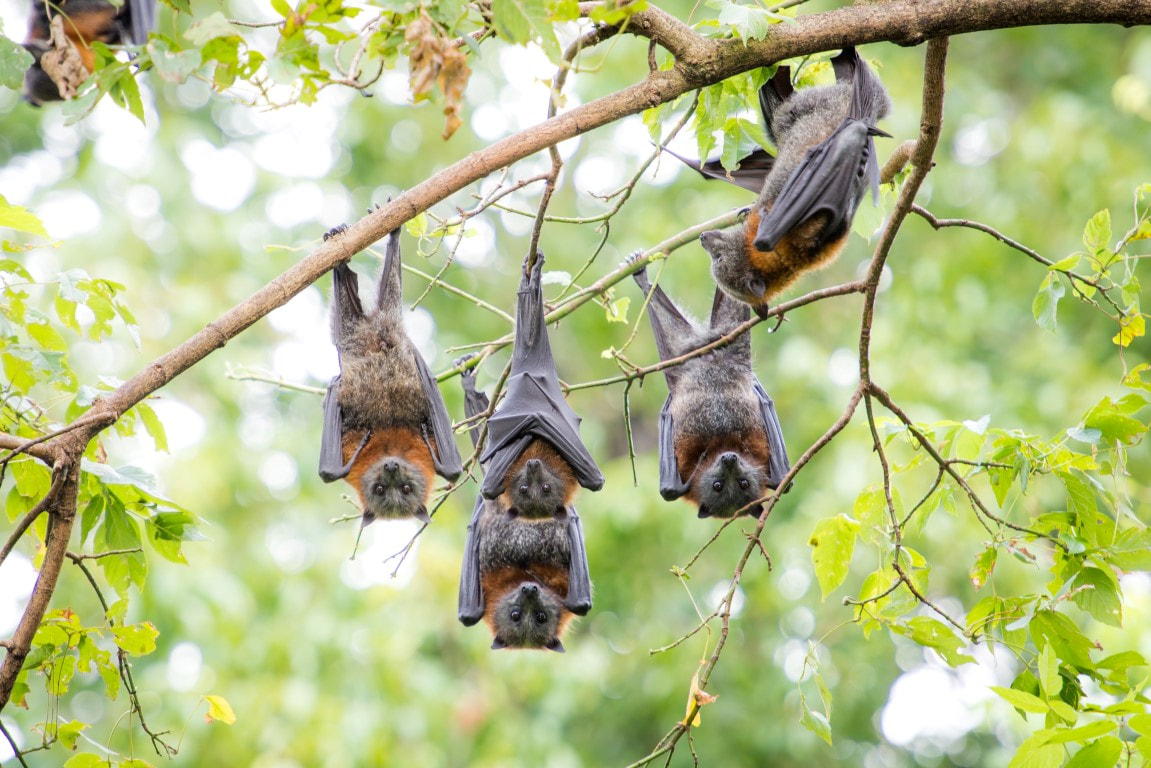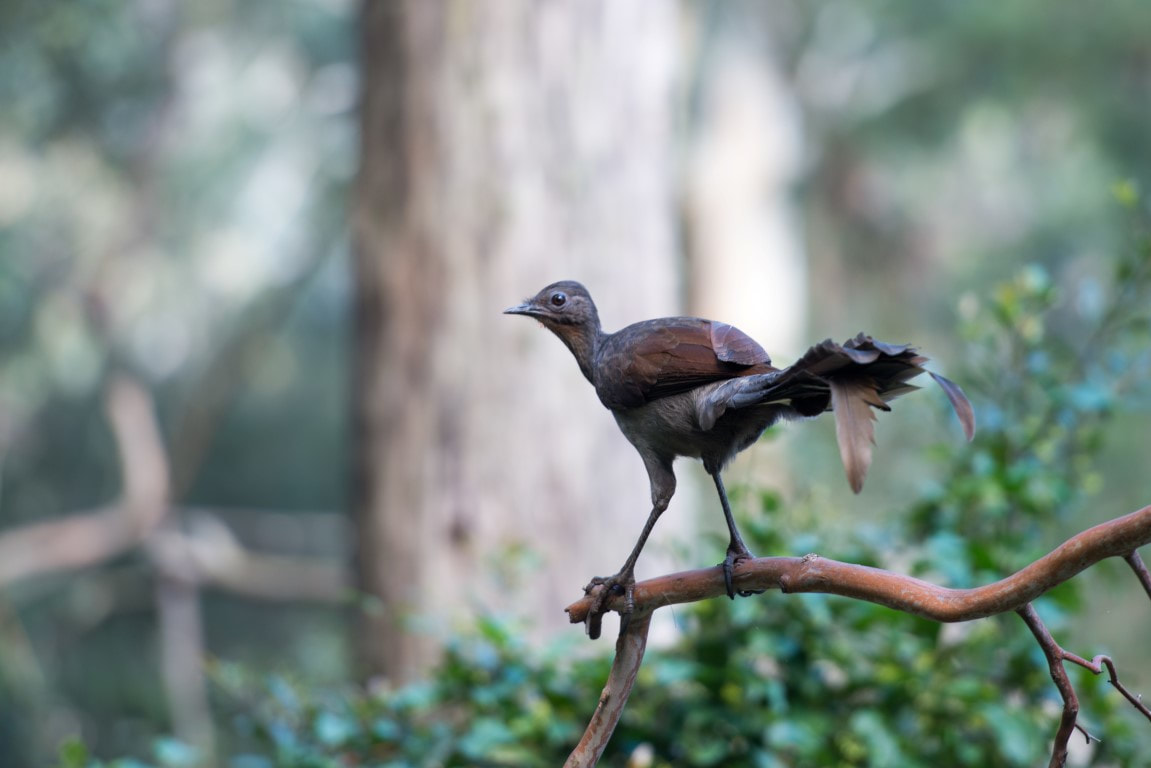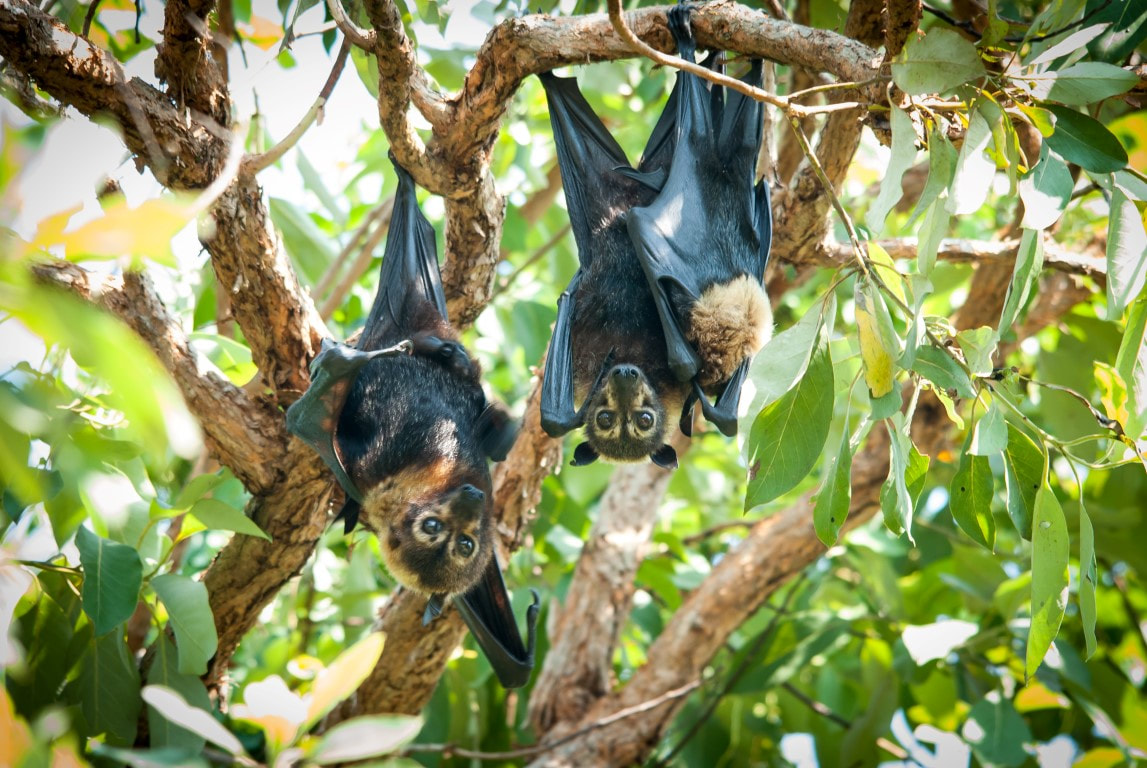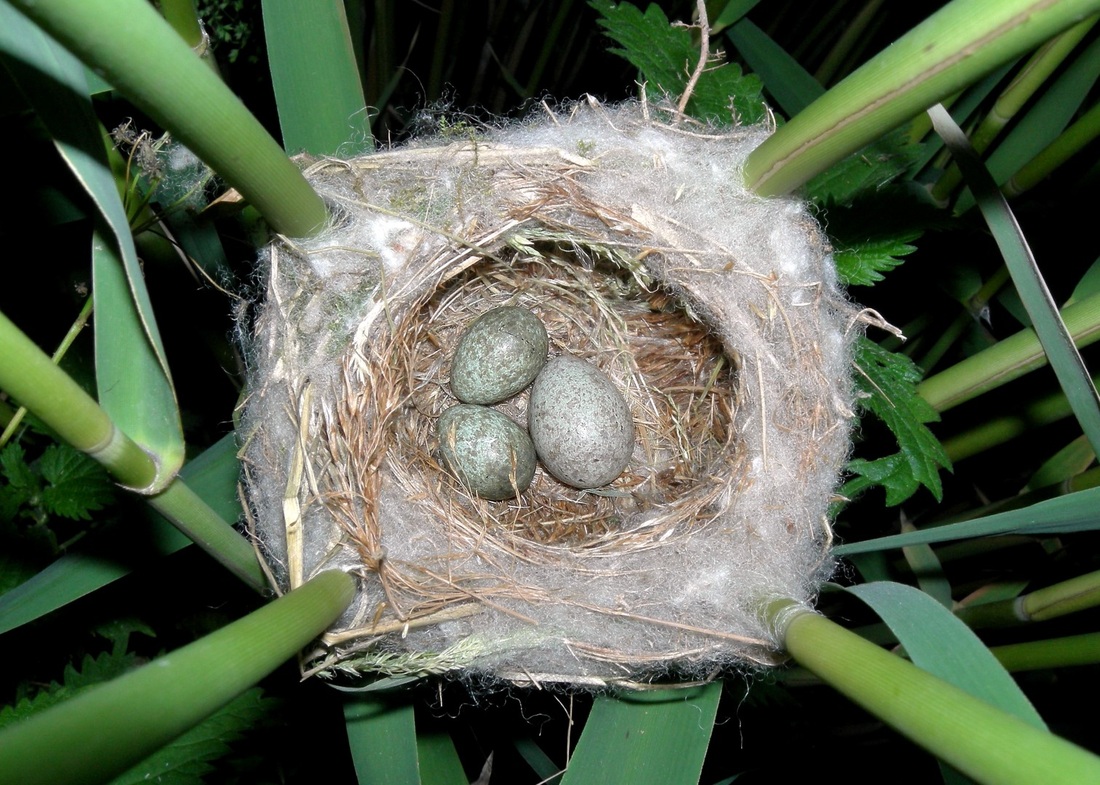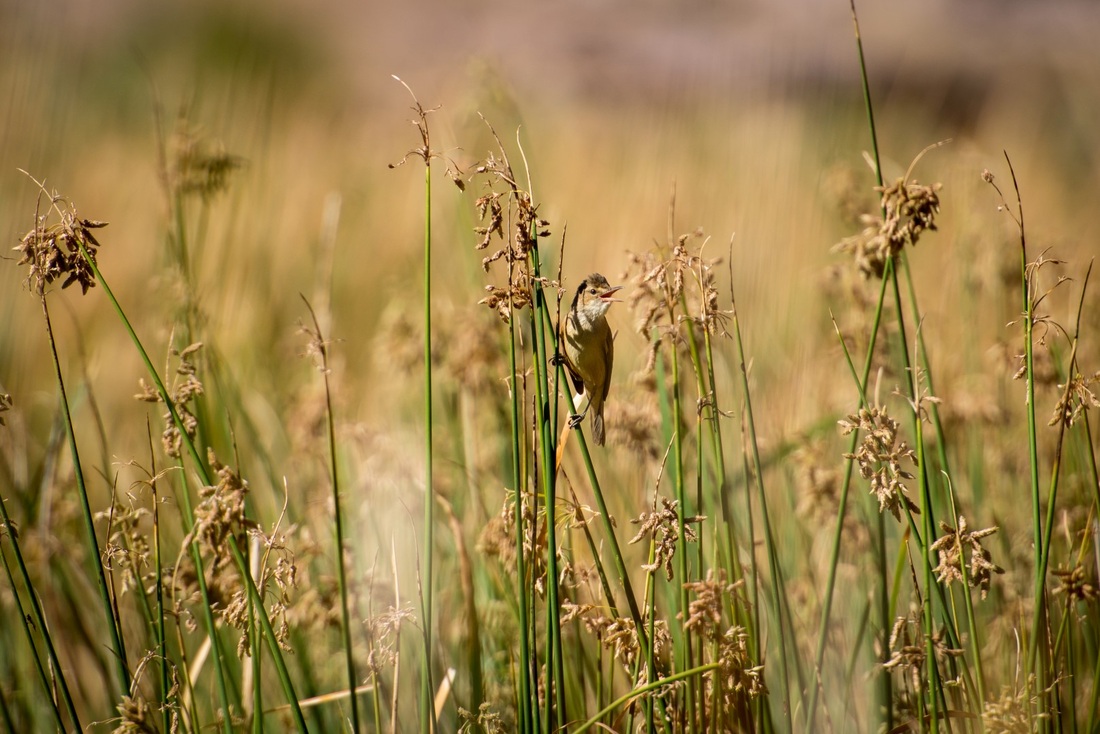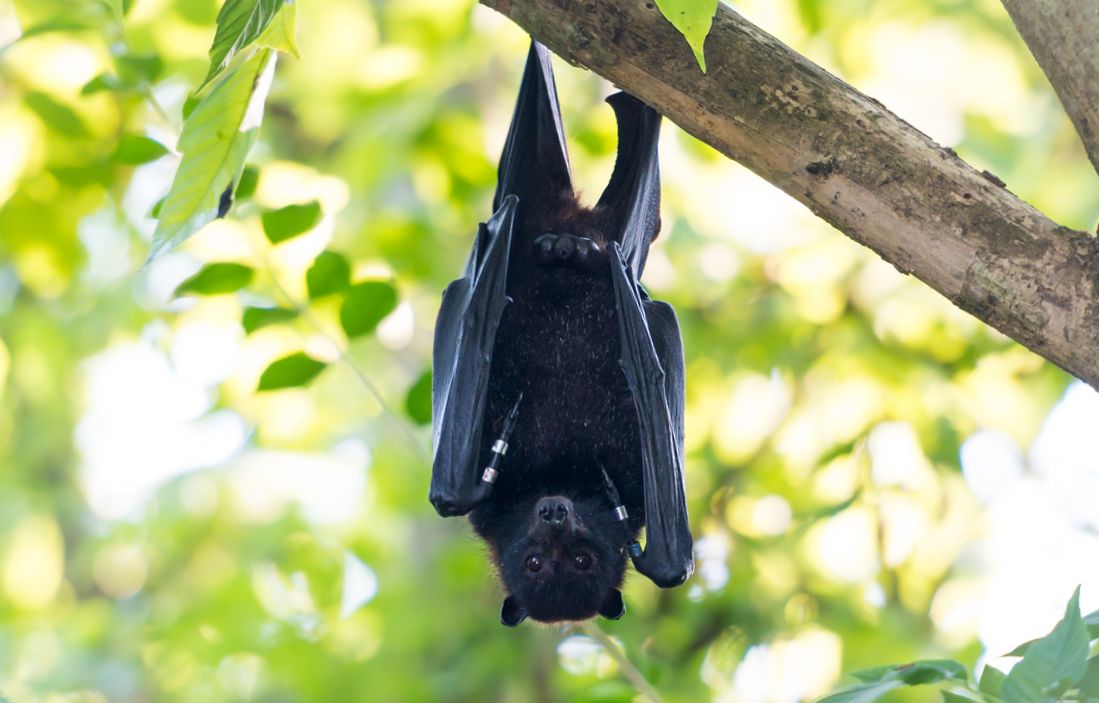Research
The research of the Lab of Animal Ecology covers a range of subjects in whole organism biology, but focuses on evolutionary ecology, which is concerned with the ways organisms respond adaptively to changes in their social, ecological, and physical environment.
The Lab also has strong, parallel interests in conservation and climate change biology, and particularly in the impacts of extreme weather and climate events on biodiversity.
The Lab also has strong, parallel interests in conservation and climate change biology, and particularly in the impacts of extreme weather and climate events on biodiversity.
|
Conservation and climate change:
|
Evolutionary ecology:
|
Recent projects & grants
|
Vocal mimicry in songbirds
Chief investigators: Prof Justin Welbergen; Dr Anastasia Dalziell; Prof Rob Magrath Partner investigators: Assoc Prof Jo Madden; Dr Karan Odom Collaborators: Prof Naomi Langmore, Dr Fiona Backhouse Funding Body: ARC Discovery Project (DP240102490) Period: 2024-2028 Many of the world’s largest clade of birds - the songbirds - incorporate vocal mimicry in their songs, but while scientific interest in vocal mimicry dates from Aristotle, limited progress has been made. With our unique research program we aim to provide an empirically based, theoretically informed understanding of avian vocal mimicry. In an important advance, we will examine both sexes to test long-held male-centric assumptions about evolutionary origins and maintenance of this trait. Crucially, we focus on lineages found only in Australia and PNG, where songbirds originated, to develop a robust scientific understanding of vocal mimicry across the entire songbird clade, and so provide an important new perspective on why and how song began. Animal cultures and anthropogenic change Chief investigator: Dr Anastasia Dalziell Collaborator: Prof Justin Welbergen Funding Body: ARC Discovery Early Career Researcher Award (DECRA; DE240101131) Period: 2024-2028 This project aims to investigate the impacts of anthropogenic change on the elaborate song cultures of declining Australian songbirds. Culture is fundamental to the biology of social animals, and has profound implications for biodiversity conservation; however, the drivers of animal cultural change are unclear. This project will analyse how lyrebird song cultures respond to anthropogenic environmental change, including Australia’s 2019-20 megafires. Furthermore, it will assess the mechanisms linking environmental and cultural change, and examine the utility of vocal cultures as bioindicators of ecological health. This project will advance fundamental research in animal culture and enhance the conservation of cultural diversity in the wild. The Macroderma initiative: conserving ghost bats and informing development Chief investigators: Professor Sam Banks; Dr Kyle Armstrong; Prof Justin Welbergen Postdoc: Dr Nicola Hanrahan Partner Investigators: Dr Laura Ruykys; Ms Brydie Hill; Dr Kym Ottewell; Mr John Augusteyn; Dr Tamara Keeley; Dr Luke Lloyd-Jones; Dr Luke Einoder; Professor Emma Teeling; Professor Gerald Wilkinson; Ms Emer McGowan Funding Body: ARC Linkage (LP230100171) Period: 2024-2028 This project aims to improve methods for capturing biological information required for environmental assessments of highly mobile species and enable strategic environmental planning in Northern Australia. Using Australia’s iconic ghost bat as a focus, the project will test and apply emerging technologies to obtain key information on a species’ population status and its critical resources to inform assessments of ecological impacts of industry development. Important benefits of the project include information and tools for streamlining development approvals and accurately assessing risks to threatened species to improve outcomes for both our economy and our natural environment. Ecology and conservation of the Christmas Island goshawk and hawk-owl Chief investigators: Prof Justin Welbergen, A/Prof Rohan Clarke, Dr Nicholas Macgregor Co-investigators/partner investigators: Professor Matt Hayward, Dr Darren Southwell, Dr Andrea Griffin, Dr Erik Doerr, Dr Jess Williams, Alexia Jankowski, Mark Holdsworth, Nick Mooney Funding Body: NESP Resilient Landscapes Hub (Project 3.21) Period: 2024-2027 Improving conservation management outcomes for flying-foxes (Pteropus spp.) Chief Investigators: Prof Justin Welbergen, Dr Jessica Meade, A/Prof Chris Turbill, Prof Matthias Boer, Dr John Martin Funding Body: Regional Bushfire Recovery for Multiregional Species and Strategic Projects Program Period: 2021-2024 The impacts of extreme temperature events on Australian flying-foxes: examining heat-related wildlife die-offs in a warming world Chief Investigator: Prof Justin Welbergen Co-investigators: A/Prof Chris Turbill, Dr Jessica Meade, Dr John Martin, Prof Michael Kearney Funding Body: The Hawkesbury Institute for the Environment; NSW Department of Planning and Environment; various Period: Ongoing Vulnerability of Australian bats to white-nose syndrome Chief Investigators: A/Prof Christopher Turbill, Dr John Martin, Dr Lindy Lumsden, Prof Fritz Geiser, Dr Jasmin Hufschmid, Prof Craig Willis & Prof Justin Welbergen Postdoc: Dr Nicholas Wu Funding Body: ARC Linkage (LP200100331) Period: 2020-2025 Tempo and modes of cultural evolution in the complex display of the superb lyrebird Chief Investigators: Prof Irby Lovette, Dr Aaron Rice, Prof Mike Webster, Dr Anastasia Dalziell, Prof Justin Welbergen Postdoc: Dr Fiona Backhouse Funding Body: National Science Foundation Grant (USA) Period: 2018-2024 Movement ecology of flying-foxes - integrating mechanisms and patterns across multiple spatiotemporal scales Chief Investigators: Prof Justin Welbergen & A/Prof Christopher Turbill Partner Investigator: Dr David Westcott Named PDRA: Dr Jessica Meade Funding Body: ARC DISCOVERY (DP170104272) Period: 2017-2023 Saving the Christmas Island flying-fox – a species in critical decline Chief Investigators: Prof Justin Welbergen, Dr Karrie Rose, Dr John Martin, Prof David Phalen & Dr David Westcott Partner/Funding Body: Taronga Conservation Society Period: 2017-2023 Resolving human-flying fox conflict in the face of environmental change Chief Investigators: Prof Brendan Wintle, Dr Kathryn Williams & A/Prof Justin A. Welbergen Partner Investigators: Dr Dave Kendal, A/Prof Rodney van der Ree & Dr David Westcott Named PDRA: Dr Pia Lentini Funding Body: ARC LINKAGE (LP160100439) Period: 2017-2020 European red fox ecology and species interactions along an urban landuse gradient in Australia Chief Investigator: Dr Justin A. Welbergen Co-investigator: Dr John Martin Partner: Royal Botanical Gardens, Sydney Funding Body: Sydney Coastal Councils Group Period: 2016-2020 Global climate change and the impacts of temperature extremes on terrestrial biodiversity Chief Investigators: Dr Justin A. Welbergen, Dr Luke Shoo, Dr Jeremy VanDerWal & Prof Stephen Williams Funding Body: ARC DISCOVERY (DP110104186) Period: 2011-2014 Climate change and the impacts of extreme climatic events on Australia's Wet Tropics biodiversity Chief Investigator: Dr Justin A. Welbergen Co-investigator: Prof Andrew Krockenberger Partner/Funding Body: National Environment Research Program ('NERP') Period: 2011-2014 Climate change refugia for terrestrial biodiversity: The role of refugia in ecosystem resilience and maintenance of terrestrial biodiversity in the face of global climate change Investigators: April Reside, Jeremy VanDerWal, Ben Phillips, Justin Welbergen, Luke Shoo, Dan Rosauer, Barbara Anderson, Craig Moritz, Simon Ferrier, Thomas Harwood, Kristen Williams, Brendan Mackey, Sonia Hugh & Stephen Williams Partner/Funding Body: National Adaptation Research Plan ('NARP') / National Climate Change Adaptation Research Facility (NCCARF) Period: 2011-2013 Climate change adaptation strategies for Australian birds Investigators: Donald Franklin, Glenn Ehmke, Jeremy VanDerWal, Lauren Hodgson, Chris Pavey, April Reside, Justin Welbergen, Stuart Butchart, Genevieve Perkins & Stephen Williams Partner/Funding Body: National Adaptation Research Plan ('NARP') / National Climate Change Adaptation Research Facility (NCCARF) Period: 2011-2013 |

